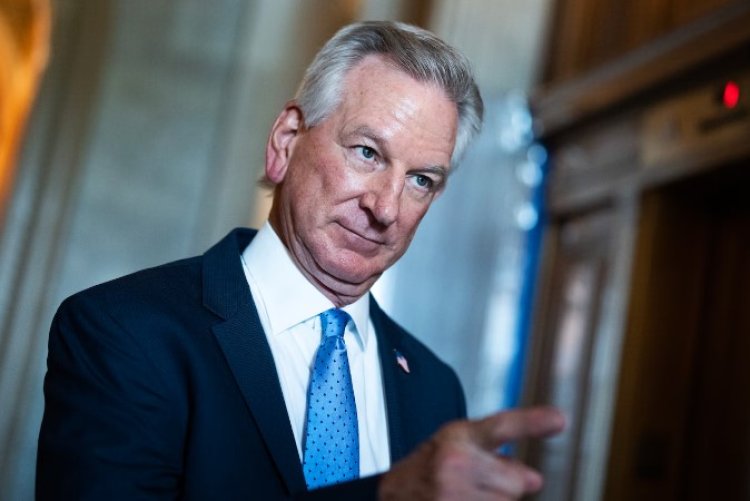Alabama Senator Calls ‘Anti-Tommy Tuberville’ Tim Walz an Embarrassment to Coaching
Democratic Vice Presidential Candidate Tim Walz sparked a strong reaction from Alabama U.S. Sen. Tommy Tuberville following remarks Walz made at a Boston fundraiser on Wednesday.

Democratic Vice Presidential Candidate Tim Walz sparked a strong reaction from Alabama U.S. Sen. Tommy Tuberville following remarks Walz made at a Boston fundraiser on Wednesday.
"I feel like one of my roles in this now is to be the anti-Tommy Tuberville, to show that football coaches are not the dumbest people," Walz reportedly said. Walz, who coached football at Mankato West High School in Minnesota, led the team to a state championship in 1999.
Tuberville, who is best known for his tenure as the head coach of Auburn University from 1999 to 2008, responded sharply on X, labeling Walz "an embarrassment to the coaching profession."
Tuberville went further, leveling several accusations against Walz that require context. He claimed Walz "DESERTED his military unit when he found out they were deploying to Iraq," criticized his handling of the 2020 protests in Minneapolis, and commented on Walz's approval of tampon dispensers in boys' bathrooms.
According to the Associated Press, Walz served 24 years in the Army National Guard, retiring in 2005. Walz’s retirement came months before his unit was mobilized to Iraq, a fact that Republicans have used to suggest he avoided deployment, though his retirement was official before the deployment order.
Walz, who was Minnesota’s governor during the 2020 George Floyd protests, faced scrutiny for his initial response to the unrest. An analysis by The New York Times found that Walz did not promptly mobilize the National Guard but later took action to restore order.
As governor, Walz signed legislation requiring free menstrual products in school bathrooms, with implementation costs of around $2 million. According to the Minneapolis Star-Tribune, the law allows local districts to decide where to place the products, and they are not mandated in boys' bathrooms, but rather in nongendered and girls' bathrooms.







